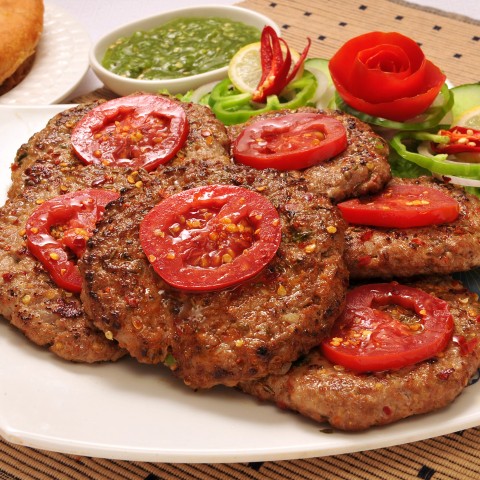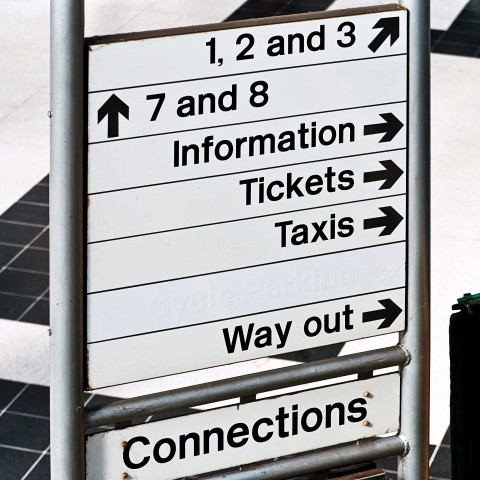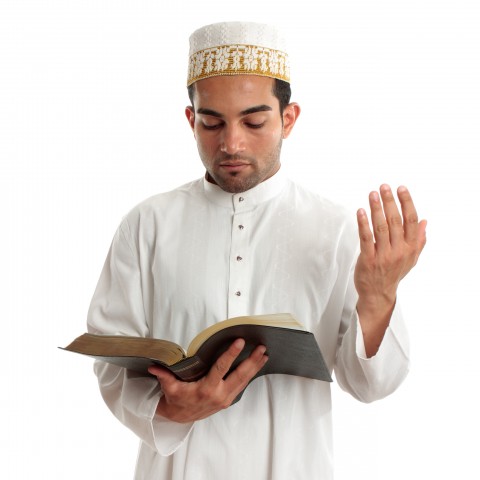Shakespeare wrote: “One good deed dying tongueless slaughters a thousand waiting upon that.” He continues, “Our praises are our wages.” The universality of this maxim can’t be undermined as it’s equally applicable to all cultures.
Compliments in Urdu are also considered a significant social craft, and they are some of the most influential instruments in acquiring social acceptability. Due to their innate motivation, the rewards are great and immediate. You don’t have to be an adroit Urdu linguist to give a compliment in Urdu, but rather a genuine situation-reader.
In Pakistan, giving compliments in different situations is quite customary; therefore, the Urdu language is replete with a variety of beautiful compliments in Urdu to make your conversation comfortably expressive. A well-placed compliment also helps you determine the tone and texture of native Urdu speakers through their responses, allowing you to continue the conversation accordingly.
In this article, we’ll introduce you to a comprehensive list of praising words in Urdu so you can give an artful compliment for any occasion.

Table of Contents
- Giving Compliments on Someone’s Look
- Giving Compliments on Someone’s Work
- Giving Compliments on Someone’s Skills/Mind
- Showing That You’re Amazed by Something
- How to Make Your Compliments Sound More Sincere
- Following Up a Compliment in Urdu
- Conclusion
1. Giving Compliments on Someone’s Look
Before we teach you how to compliment someone in Urdu, let’s start basic with some compliment words in Urdu. There are three words for “compliment” in Urdu that you should remember:
- تعریف کرنا (tareef karna)
- ستائش کرنا (sataish karna)
- داد دینا (daad dena)
Now, if you want to start praising someone in Urdu, it’s very common to begin with how that person looks. Complimenting someone on their appearance leaves a fabulous impact on him or her; it can make them feel at ease and more comfortable with you.
Below are some Urdu complimenting phrases to praise someone’s looks, both in general and on more specific aspects. We’ll begin with general Urdu compliments you can say to anyone, regardless of their gender or age.
آپ خوش شکل ہیں۔
Aap khush shakal hain.
“You are good-looking.”
آپ خوبصورت ہیں۔
Aap khubsurat hain.
“You are beautiful.”
آپ بہت حسین ہیں۔
Aap bohat haseen hain.
“You are very pretty.”
Now, get ready to focus on some specific parts of the body in Urdu and learn a few relevant Urdu compliments.
آپ کی آنکھیں بہت پرکشش ہیں۔
Aap ki aankhein bohat pur-kashish hain.
“Your eyes are quite attractive.”
آپ کے بال بہت پیارے ہیں۔
Aap kay baal bohat pyaray hain.
“Your hair is very beautiful.”
آپ کی مسکراہٹ پیاری ہے۔
Aap ki muskurahat pyari hai.
“Your smile is charming.”
People spend a great deal of time and money selecting their outfits. Thus, they feel much pleased when they get due appreciation for it, and they may become more attentive to you after such a compliment. Come and learn a few expressions to soften the other party:
آپ کے جوتے بہت اچھے ہیں۔
Aap kay jootay bohat achay hain.
“Your shoes are very good.”
آپ نے انتہائی اچھا لباس زیب تن کیا ہوا ہے۔
Aap nay intehai acha libas zaib tan kiya hua hai.
“You are wearing excellent attire.”
آپ کی شرٹ قابل تعریف ہے۔
Aap ki shirt qabile tareef hai.
“Your shirt is worth praising.”
You can use any of the sentences above for both males and females.
2. Giving Compliments on Someone’s Work
Complimenting someone’s work is instrumental as it keeps them motivated and striving even harder to do well. Not only does this create a more positive work environment, but it also contributes to better work and success in the future. Below is a list of the top Urdu compliments to give a coworker or employee for a job well done.
!بہت خوب
bohat khoob!
“Well done!”
آپ نے کمال کر دیا ہے۔
Aap nay kamal kar diya hai.
“You have done an excellent job.”
آپ کی کارکردگی بہترین ہے۔
Aap ki karkardagi behtareen hai.
“Your performance is extraordinary.”
آپ کو بہت مبارک ہو۔
Aap ko bohat mubarak ho.
“Congratulations.”
Once again, you can use all of the sentences above for males and females. However, the phrases below are gender-specific. Notice the subtle variations caused by the change in gender, and use these compliments as per the occasion and requirement.
1- For Males:
آپ مبارکباد کے مستحق ہو۔
Aap mubrakbaad kay mustahiq ho.
“You deserve congratulations.”
آپ اس کامیابی کے حقدار ہو۔
Aap is kamyabi kay haqdar ho.
“You deserve this success.”
2- For Females:
آپ مبارکباد کی مستحق ہو۔
Aap mubrakbaad ki mustahiq ho.
“You deserve congratulations.”
آپ اس کامیابی کی حقدار ہو۔
Aap is kamyabi ki haqdar ho.
“You deserve this success.”
In addition to these complete sentences, you’ll often find native Urdu-speakers giving compliments in the form of a single word. Below are a couple of these popular Urdu compliment words.
!شاباش
shabash!
“Great job!”
!واہ
wah!
“Hats off!”
You can use the above-mentioned compliments for both males and females.
3. Giving Compliments on Someone’s Skills/Mind
While people enjoy hearing compliments about their looks or achievements, some of the best compliments in Urdu are those that focus on the mind or a person’s skills. Learn how to appreciate these factors with suitable praises and compliments in the Urdu language with UrduPod101.com.
آپ بہت ذہین ہو۔
Aap bohat zaheen ho.
“You are very intelligent.”
آپ بہت ہونہار ہو۔
Aap bohat honehar ho.
“You are very clever.”
آپ ایک دلچسپ شخصیت ہو۔
Aap aik dilchasp shakhsiyat ho.
“You are an interesting personality.”
The sentences above are appropriate to use for both males and females. However, the ones below have subtle variations depending on gender.
1- For Males:
آپ ایک اچھے لکھاری ہو۔
Aap aik achay likhari ho.
“You are a good writer.”
آپ اچھے کھلاڑی ہو۔
Aap achay khilari ho.
“You are a good player.”
آپ اچھے فنکار ہو۔
Aap achay fankar ho.
“You are a good artist.”
آپ اچھے اداکار ہو۔
Aap achay adakar ho.
“You are a good actor.”
آپ اچھے باورچی ہو۔
Aap achay bawarchi ho.
“You are a good chef.”
آپ اچھی اردو بولتے ہو۔
Aap achi Urdu boltay ho.
“You speak Urdu well.”
2- For Females:
آپ ایک اچھی لکھاری ہو۔
Aap aik achi likhari ho.
“You are a good writer.”
آپ اچھی کھلاڑی ہو۔
Aap achi khilari ho.
“You are a good player.”
آپ اچھی فنکارہ ہو۔
Aap achi fankara ho.
“You are a good artist.”
آپ اچھی اداکارہ ہو۔
Aap achi adakara ho.
“You are a good actress.”
آپ اچھی باورچی ہو۔
Aap achi bawarchi ho.
“You are a good chef.”
آپ اچھی اردو بولتی ہو۔
Aap achi Urdu bolti ho.
“You speak Urdu well.”
Following the patterns in the sentences above, you can use the following adjectives and descriptors as well:
باریک بین
Bareek been
“Keen observer”
مہذب
Muhazzib
“Civilized”
مہربان
Meharbaan
“Kind”
اچھے
Achay
“Good”
قابل قدر
Qabil-e qadr
“Respectable”
4. Showing That You’re Amazed by Something
When you’re mesmerized by something, the desire to say so is very natural. Here are some common Urdu compliment words and phrases to express praise for something you like.
یہ کمال کا ہے۔
Yeh kamal ka hai.
“It is amazing.”
یہ حیران کن ہے۔
Yeh hairan kun hai.
“It is wonderful.”
یہ جادوئی ہے۔
Yeh jadui hai.
“It is magical.”
یہ لذیذ ہے۔
Yeh laziz hai.
“It is tasteful.”
اس کی خوشبو دل موہ لینے والی ہے۔
Iis ki khushboo dil moh lainay wali hai.
“It has a captivating aroma.”
یہ ٹھیک ہے۔
Yeh theek hai.
“It is alright.”
یہ مناسب ہے۔
Yeh munasib hai.
“It is appropriate.”
یہ تسلی بخش ہے۔
Yeh tasalli bakhsh hai.
“It is satisfactory.”
5. How to Make Your Compliments Sound More Sincere
Originality is the key component in giving a meaningful compliment. In order to bring sincerity to your compliments, you must first make the effort to be original; this means being straightforward and timing your compliment well. In addition, here are some other factors that will make your Urdu compliments sound comparatively more sincere.
1- The Addition of ماشاءاللہ (Masha Allah) in Urdu Compliments
In day-to-day Urdu conversations, you’ll notice that people use the word ماشاءاللہ (Masha Allah) quite often. Literally, the word means that God’s will has been fulfilled. In Pakistan and other Urdu-speaking societies, it’s widely used to articulate praise, appreciation, joy, etc. It’s also used to prevent the “evil eye,” a belief that envy or jealousy can cause harm to the owner of a desired possession/attribute.
When praising someone or something, adding this word to the beginning or end of the compliment will make it sound more sincere. In return, Urdu-speakers will be more welcoming of that compliment.
2- Body Language
Our body language is a type of non-verbal communication that helps to reveal our true feelings. Make sure that when you compliment in Urdu, your body language matches what you’re saying. Otherwise, you’ll jeopardize your communication and your words will be empty.
6. Following Up a Compliment in Urdu
No doubt, complimenting is a two-way street; when someone gives a compliment, they often receive one in response. This section of the article will introduce you to certain responses that you may expect or give in different situations.
1- Be Grateful
Find some of the most common ways to respond to compliments in Urdu below. The following phrases are perfect for expressing gratitude or saying thank you in Urdu.
شکریہ۔
Shukriya.
“Thank you.”
آپ کا بہت شکریہ۔
Aap ka bohat shukriya.
“Thank you very much.”
مہربانی۔
Meharbani.
“Thanks.”
ہم آپ کے ممنون ہیں۔
Hum aap kay mamnoon hain.
“We are thankful to you.”
میں آپ کا شکرگزار ہوں۔
Mei aap ka shukar guzar hun.
“I am grateful to you.”
The sentences above are most suitable to say if you’re a male. If you’re a female, use the following sentence.
میں آپ کی شکرگزار ہوں۔
Mei aap ki shukar guzar hun.
“I am grateful to you.”
2- Add Another Compliment if Required
To answer a compliment, giving a compliment in return is quite natural. It’s just like returning a gift with another, and this seems to be a commonality in all cultures. Below are a few ways you can do this:
آپ بھی کسی سے کم نہیں ہیں۔
Aap bhi kisi say kam nahi hain.
“You also are not inferior to anyone.”
آپ بھی کچھ کم نہیں ہیں۔
Aap bhi kuch kam nahi hain.
“You too are not less than anyone.”
Once again, you can use all of the sentences above for males and females. However, the following sentence requires changes based on gender. Let’s have a look.
A- For Males:
آپ بھی غضب ڈھا رہے ہیں۔
Aap bhi gazab dha rahay hain.
“You too are doing great.”
B- For Females:
آپ بھی غضب ڈھا رہی ہیں۔
Aap bhi gazab dha rahی hain.
“You too are doing great.”
3- Avoid Negative Responses
When you receive a compliment, we highly recommend that you never refuse it. Following are a few phrases you should probably avoid.
The following sentences can be used for both males and females, except for the first one. Let’s see how this one changes based on gender:
A- For Males:
آپ مجھے شرمندہ کر رہے ہیں۔
Aap mujhay sharminda kar rahay hain.
“You are embarrassing me.”
B- For Females:
آپ مجھے شرمندہ کر رہی ہیں۔
Aap mujhay sharminda kar rahi hain.
“You are embarrassing me.”
Now for the gender-neutral phrases:
میں اس تعریف کے قابل نہیں ہوں۔
Mei is tareef kay qabil nahi hun.
“I do not deserve this appreciation.”
اس میں کوئی خاص بات نہیں ہے۔
Iis mein koi khas baat nahi hai.
“There is nothing special in it.”
یہ تو ایک معمول کا کام ہے۔
Yeh toh aik mamool ka kam hai.
“This is a routine matter.”
4- Credit Your Team and Coworkers
Having discussed all the do’s and don’ts concerning Urdu compliments, let’s go over how to give credit where it’s due. If there are some team members who deserve credit for your good performance, don’t let their efforts go unsung. Below are some popular ways of giving credit to coworkers in Urdu.
ان کی مدد کے بغیر یہ ممکن نہیں تھا۔
In ki madad kay baghair yeh mumkin nahin tha.
“It could have been impossible without their help.”
میری ٹیم بھی قابل تعریف ہے۔
Meri team bhi qabile tareef hai.
“My team also deserves appreciation.”
7. Conclusion
In this article, UrduPod101.com helped you learn about compliments in the Urdu language, both basic and more advanced. We’ve also given deep critical insights into how compliments work in Urdu grammar by focusing on particular Urdu words, phrases, sentences, and vocabulary.
Do you feel like you can confidently offer praise and compliments in Urdu now? Which Urdu compliment is your favorite? If there’s anything we didn’t mention in this article that you would still like to know, you can contact us at UrduPod101.com.
Very Happy Urdu Learning!








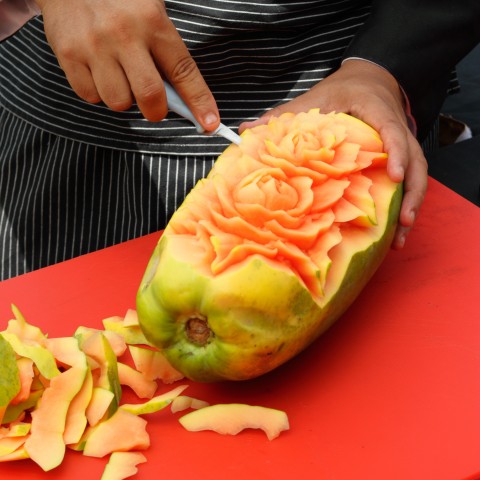






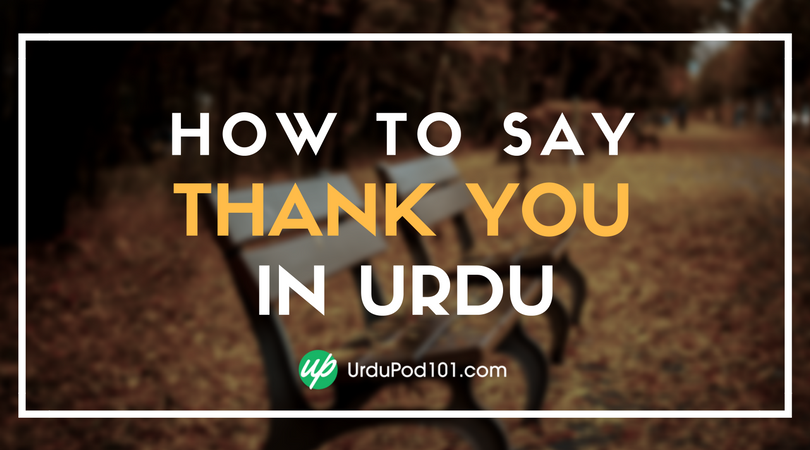





















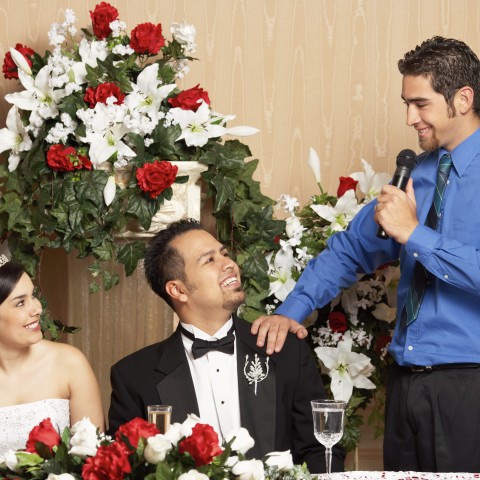






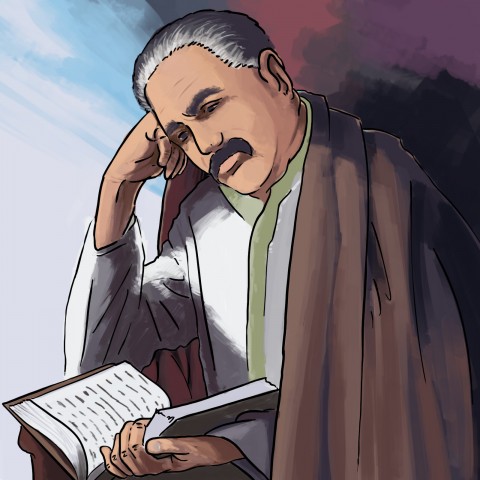
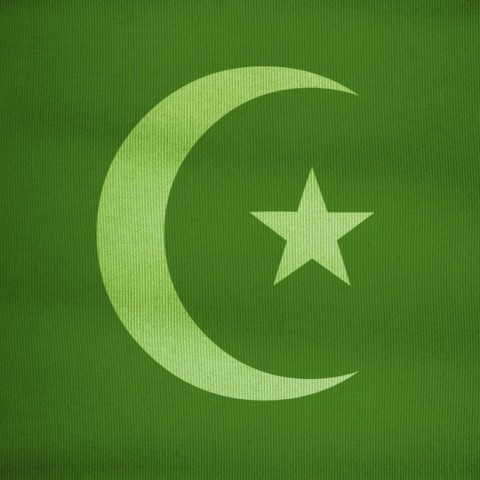
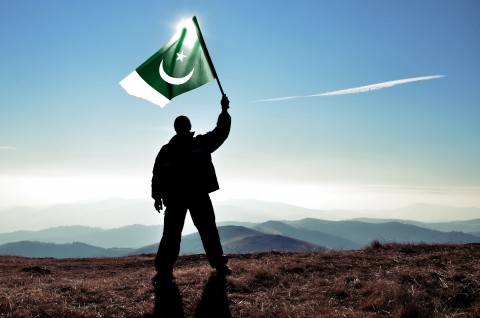
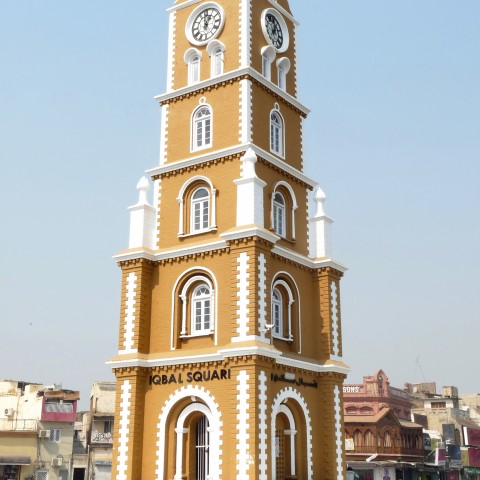




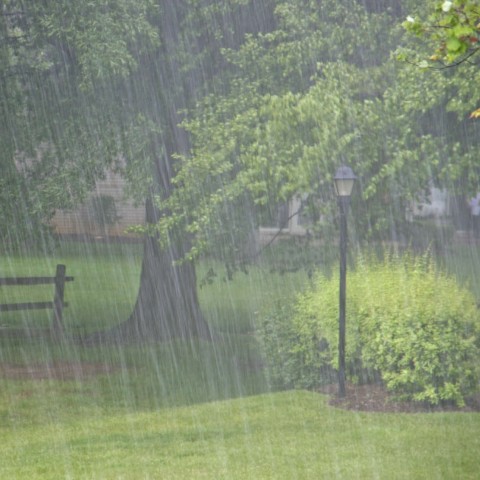

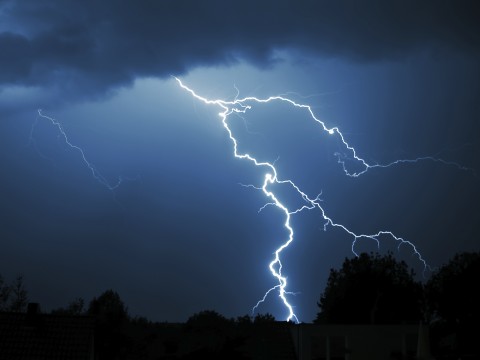


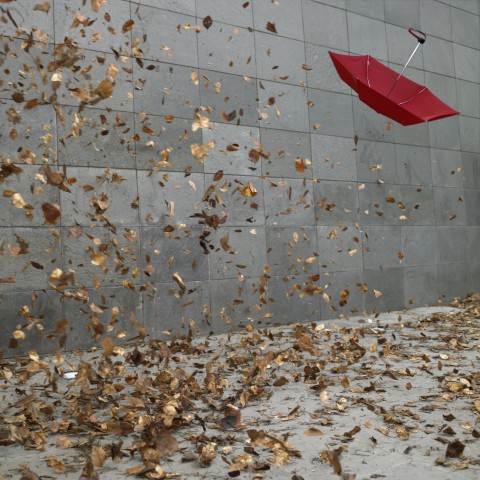
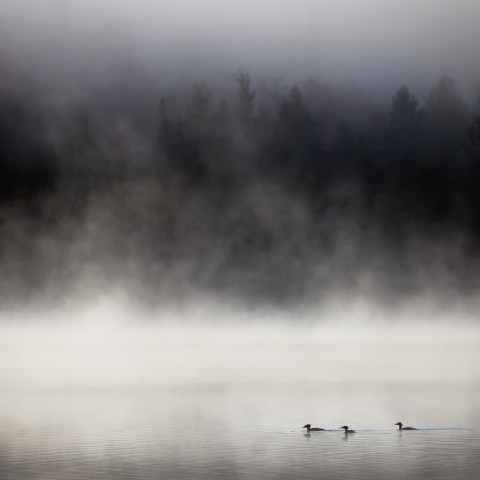
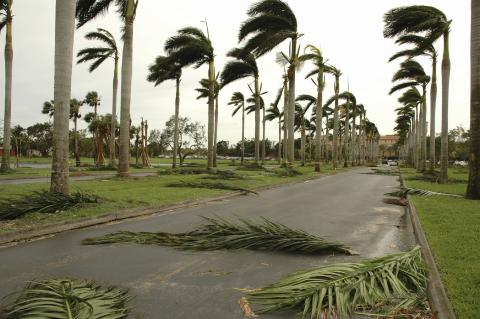
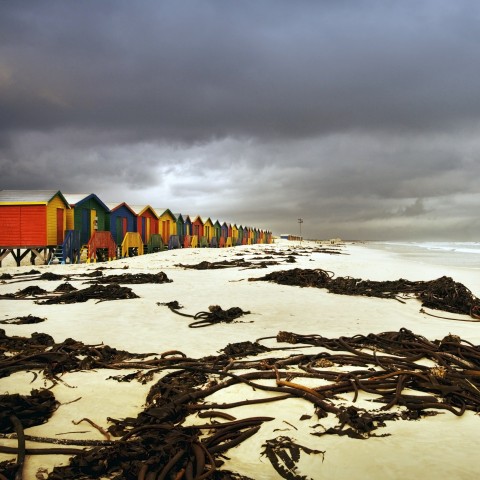



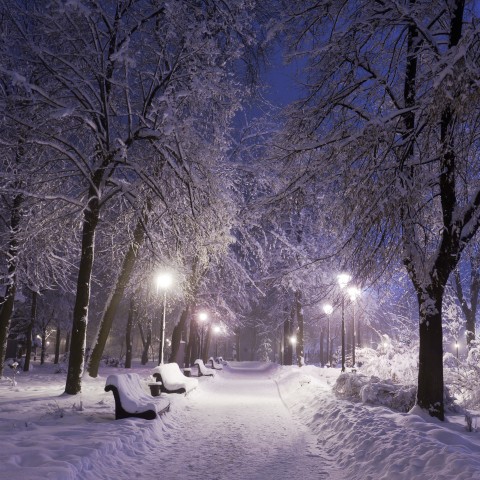






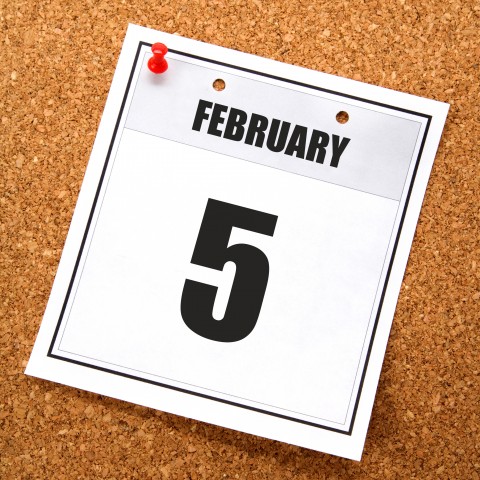
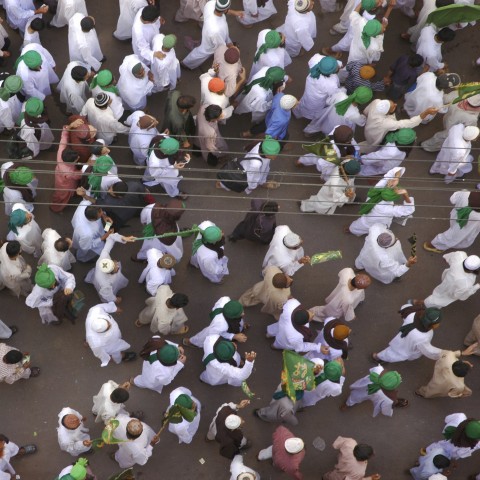
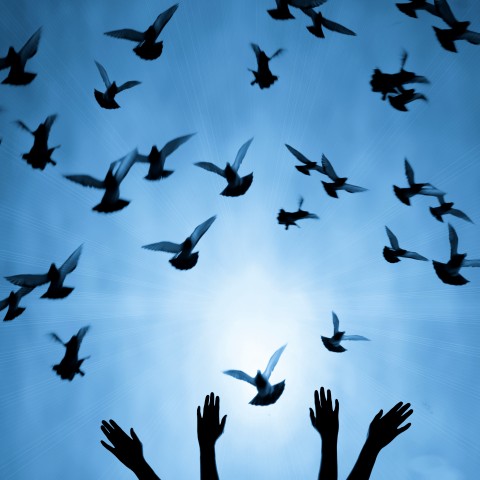










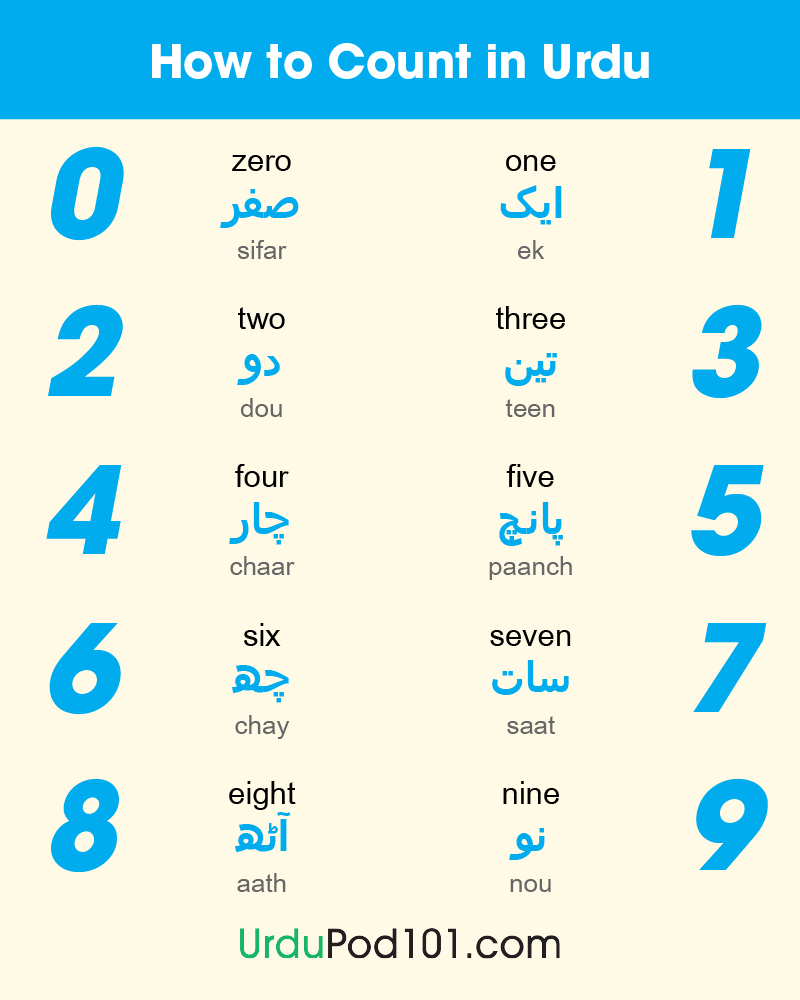


 Table of Contents
Table of Contents

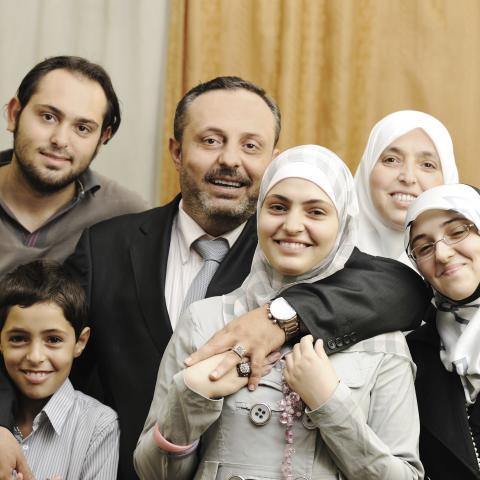




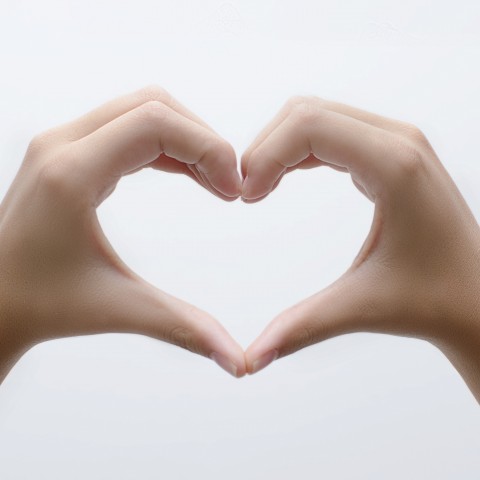

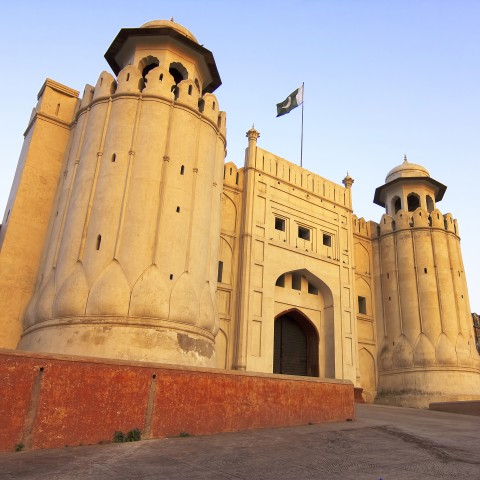
 Table of Contents
Table of Contents


